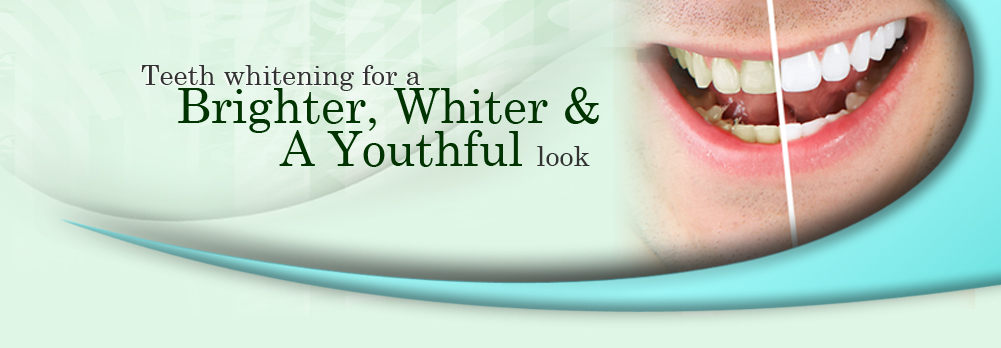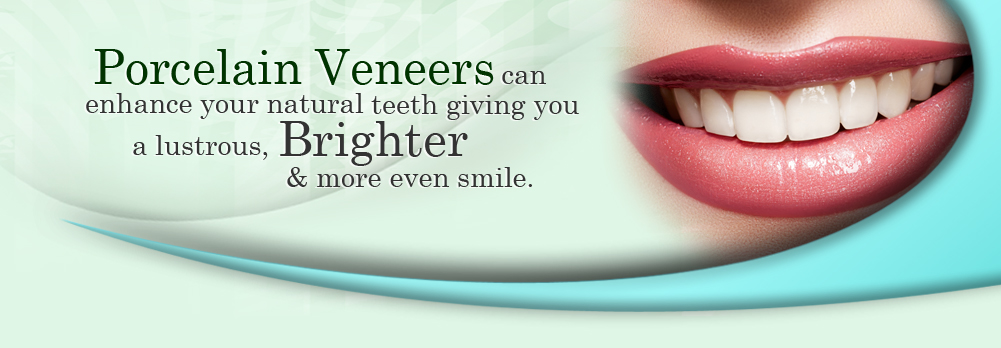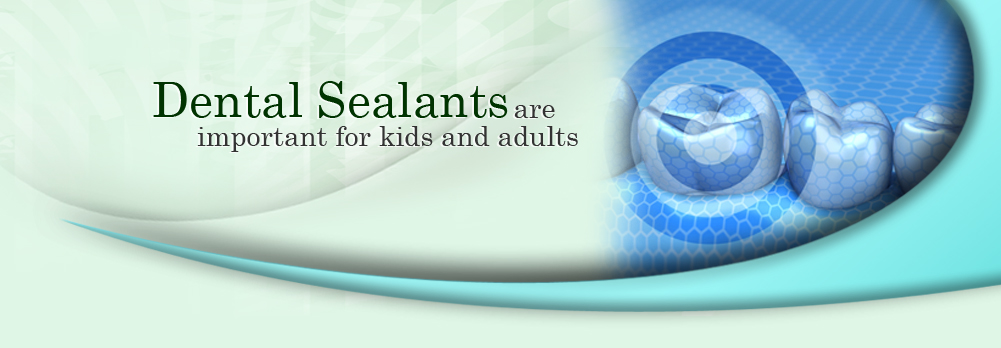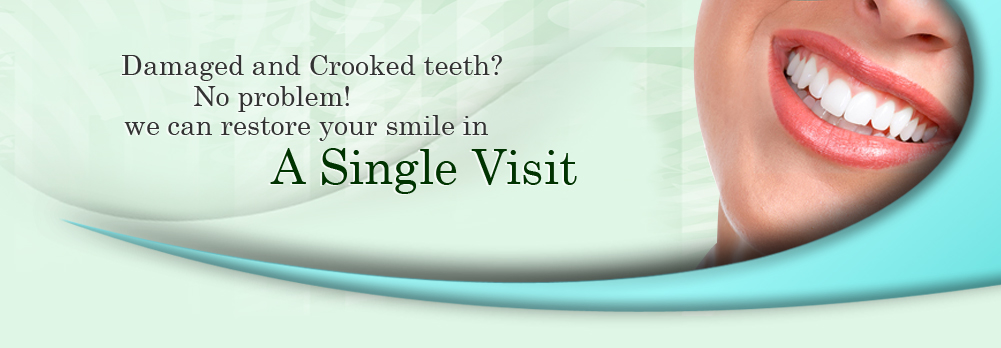Pregnancy and Gingivitis
Will pregnancy affect my oral health?

Expectant mothers (and women who take some oral contraceptives) experience elevated levels of the hormones estrogen and progesterone. This causes the gums to react differently to the bacteria found in plaque, and in many cases can cause a condition known as “pregnancy gingivitis.” Symptoms include swollen, red gums and bleeding of the gums when you brush. Remember that the bacteria in plaque (not hormones) is what causes gingivitis. Brush twice a day and floss before you go to bed to help avoid plaque buildup.
What are “pregnancy tumors”?
Pregnancy tumors (pyogenic granuloma) are rare, usually painless lesions that may develop on your gums in response to plaque. Although they are not cancerous, they should be treated. Pregnancy tumors usually subside shortly after childbirth.
Could gingivitis affect my baby’s health?
New research suggests a link between pre-term, low birth weight babies and gingivitis. Excessive bacteria, which causes gingivitis, can enter the bloodstream through your mouth (gums). If this happens, the bacteria can travel to the uterus, triggering the production of chemicals called “prostaglandins,” which are suspected to induce premature labor.
Should I receive dental treatment while I’m pregnant?
Good oral health care is vital during your pregnancy. Continue with your regular dental cleaning and check-ups to avoid oral infections that can affect the fetus, such as gingivitis and periodontal disease. Dentists recommend that major dental treatments that aren’t urgent be postponed until after your child is born. The first trimester, the stage of pregnancy in which most of the baby’s organs are formed, is the most crucial to your baby’s development, so it is best to have procedures performed during the second trimester to minimize any potential risk.
Dental work is not recommended during the third trimester because the dental chair tends to be too uncomfortable for the mother. If you lie back, the chair may cut off circulation by placing pressure on the vein that returns blood to the heart from the lower part of your body.
If I do need treatment, what drugs are safe?
Be extremely cautious of all drugs during pregnancy. If you have gingivitis or periodontal disease, your dentist may want to treat you more often to achieve healthy gums and a healthy baby. Although dental anesthetics such as novocaine or lidocaine can enter the placenta, which filters out most drugs, the doses used in most dental procedures are considered safe. If you need to have dental work done during your pregnancy, research has shown that some acceptable antibiotics include penicillin, amoxicillin, and clindamycin, but avoid tetracycline, which can cause discoloration of your child’s temporary and permanent teeth. Products containing acetaminophen, such as Tylenol, are approved, but you should be wary of other over-the-counter medications such as aspirin or ibuprofen. Avoid using narcotics for dental pain until your child is carried to term.
Who can I talk to?
If you have any concerns about treatment or medications, make sure to ask your dentist or physician before receiving treatment. Most dental procedures are safe during pregnancy. Remember, the healthier your mouth is, the healthier and happier your pregnancy and baby will be.











 My husband and I love Prestonwood Dental. I already wrote a review for Dr. Daftary, and realized I should write one for her practice as well, because she and her entire team are brilliant
My husband and I love Prestonwood Dental. I already wrote a review for Dr. Daftary, and realized I should write one for her practice as well, because she and her entire team are brilliant




